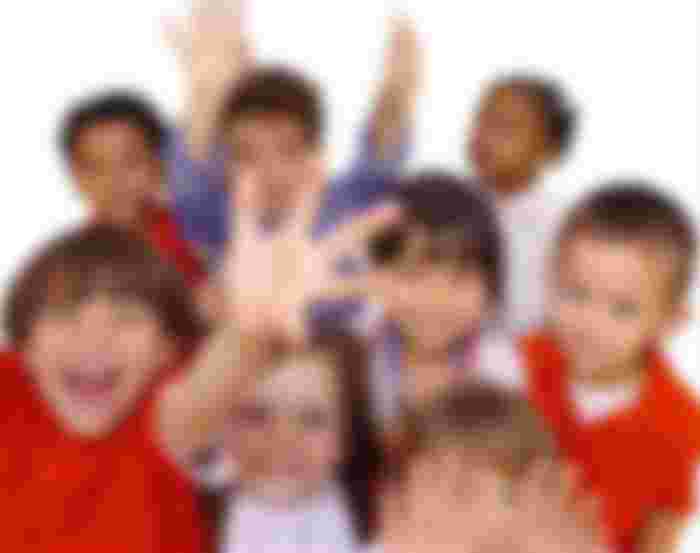Perhaps the most accurate generalization we can make about the emotions of a junior higher is: you can't make many generalizations about the emotions ofa junior higher. They are completely
unpredictable. This helps to set junior highers apart from the rest of the
human race. Adults and little children can normally be put into categories without too much difficulty: "She's such a pleasant little girl or "Mr. Jones is a real happy-go-lucky sort of guy." Junior highers, on the other hand, may be pleasant today and holy terrors tomorrow. I have had kids in my junior high groups who were unusually cooper-
ative and enthusiastic one week and unexplainably belligerent and
disruptive the next. I've also observed aggressive hostility and childlike
submissiveness in the same meeting from the same kid. The young
person who is talkative and open one moment could suddenly clam up
altogether. It's easy to conclude that these might be victims of some
strange form of schizophrenia-but they are just being junior highers.
These strange shifts in mood and behavior are not limited to
individuals; they are also found in groups. It is not uncommon for the
dynamics in a group of junior highers to change drastically from one
week to the next. A particular lesson plan or program idea may be a
Smashing success on a given date with a given group of junior highers,
but it could have been a complete flop if you had used it a week or a month earlier. It all depends on the mood of
the group. In my own ministry with junior highers I have always had more concern (before a meeting, class, or social event) with the emotional condition of the group
(how the kids would respond) than with how many would show up or with how good the program or lesson plan might be. There was always the fear that the group might be wired (wild and crazy) or on a real downer (uncooperative or just plain nasty).

Is there a reasonable explanation
for such unreasonable behavior? As it turns out, there is one that makes a lot of sense. it certainly helps us understand what is going on, even if it doesn't alter
the situation much. Some psychologists have concluded that early adolescents are essentially "trying on" different personalities for size to see which ones fit them best. They will express a variety of emotions, feelings, attitudes, and temperaments to discover the range of reactions they get from others, especially their peers. If the reaction is favorable,
the behavior may be repeated; if it is not, the behavior may be discontinued. This may be an oversimplification, but it does help us get a handle on what's happening. It is consistent with what we know about the primary tasks of early adolescence. Young people are making
a transition from childhood to adulthood, and each one is trying to come up with an identity of his or her own. The personality, like the body and the mind, is being shaped during the junior high years, and it is probably in its most unstable period.

This is why it is not at all unusual for early adolescents to be
extroverts one day and introverts the next. They are experimenting in
order to discover the personality type they will be most comfortable
with as adults. Junior highers may try all sorts of personalities-the
class clown, the tough guy, the brain, the teacher's pet, the quiet type,
the spoiled brat, the flirt-before their own distinctive personality traits
begin to dominate. They don't commit themselves to a particular
pattern, that comes in a few years. If junior highers get positive feedback from others by acting a certain way, this behavior will no doubt be continued. Conversely, negative feedback will usually act as a deterrent. Keep in mind, however, that negative feedback from an adult may very well be interpreted as positive feedback to junior highers.
Obviously, this tends to complicate things when you are trying to
encourage or discourage particular kinds of behavior.

Keep in mind that all of this is quite involuntary. Junior highers
aren't actually aware of the subconscious trial-and-error personality-
Shaping process they are engaged in. A young adolescent doesn't wake
up in the morning and say to himself, "Yesterday I tried my warm and
friendly personality; today l'll see how my mean and nasty one goes
Over." On the contrary, this happens as part of the natural process of
growing up. It's normal and even necessary.


